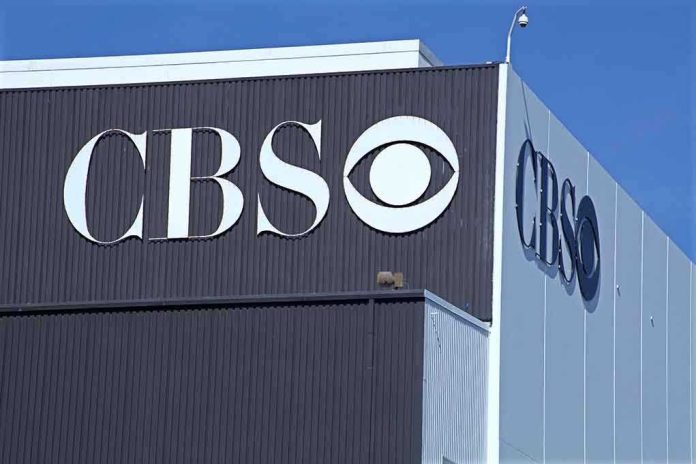
Story Overview
- Bill Owens, former “60 Minutes” executive producer, was pressured to apologize over a contentious interview with Kamala Harris.
- Owens resigned, citing the erosion of editorial independence at CBS.
- Donald Trump sued CBS and Paramount, resulting in a $16 million settlement.
- The incident highlights corporate influence over media narratives, a concern for journalistic integrity.
Corporate Pressure and Resignation
Bill Owens, the former executive producer of “60 Minutes,” faced significant pressure from CBS and Paramount executives to apologize for an interview conducted with then-Vice President Kamala Harris. The controversy arose in the wake of a lawsuit filed by former President Donald Trump, who accused the network of deceptive editing and election interference. Owens, steadfast in his commitment to journalistic integrity, refused to apologize and ultimately resigned in April 2025, citing a lack of editorial independence.
The resignation of Owens signals a broader issue within the media landscape, where corporate interests often clash with journalistic principles. The lawsuit, which culminated in a $16 million settlement with Trump in July 2025, underscores the tensions between media outlets and political figures, especially concerning perceived biases and the integrity of news coverage. This incident has not only raised questions about the influence of corporate ownership on editorial decisions but also about the role of media in political discourse.
Lawsuit and Settlement Details
In October 2024, Trump filed a lawsuit against CBS and Paramount, alleging that the interview with Harris was edited in a manner that misrepresented his presidency and interfered with the election process. The legal battle concluded with a significant settlement in July 2025. This outcome has sparked discussions about the financial and reputational costs of corporate influence over newsrooms. The settlement is seen by many as a victory for Trump, highlighting the potential power imbalance between political figures and media corporations.
Owens publicly discussed the incident during an appearance at Colby College in Maine in October 2025. He reiterated his position on maintaining journalistic integrity, explicitly stating his refusal to issue an apology. This stance has been interpreted by some as a principled stand against the encroachment of corporate interests into news production, further fueling the ongoing debate about the need for editorial independence in the media industry.
Impact on Journalism and Media Independence
The implications of this incident extend beyond the immediate parties involved, casting a long shadow over the future of investigative journalism. The resignation of a high-profile producer like Owens, combined with the settlement, may instill a chilling effect on newsrooms, discouraging journalists from pursuing stories that might conflict with corporate or political interests. This dynamic could ultimately limit the capacity of the press to hold power to account, a core tenet of democratic societies.
As media outlets navigate these complex relationships, the overarching concern remains: How can journalists maintain their independence in the face of mounting corporate pressure? The case of Bill Owens and “60 Minutes” serves as a cautionary tale, reminding us of the delicate balance required to safeguard the integrity of journalistic endeavors in an increasingly polarized and commercially-driven media environment.
Sources:
Former ’60 Minutes’ producer says he was pressured to apologize over Harris interview
Former ’60 Minutes’ producer says he was pressured to apologize over Harris interview
Ex-60 Minutes Producer Reveals Blunt Reply to Bosses




